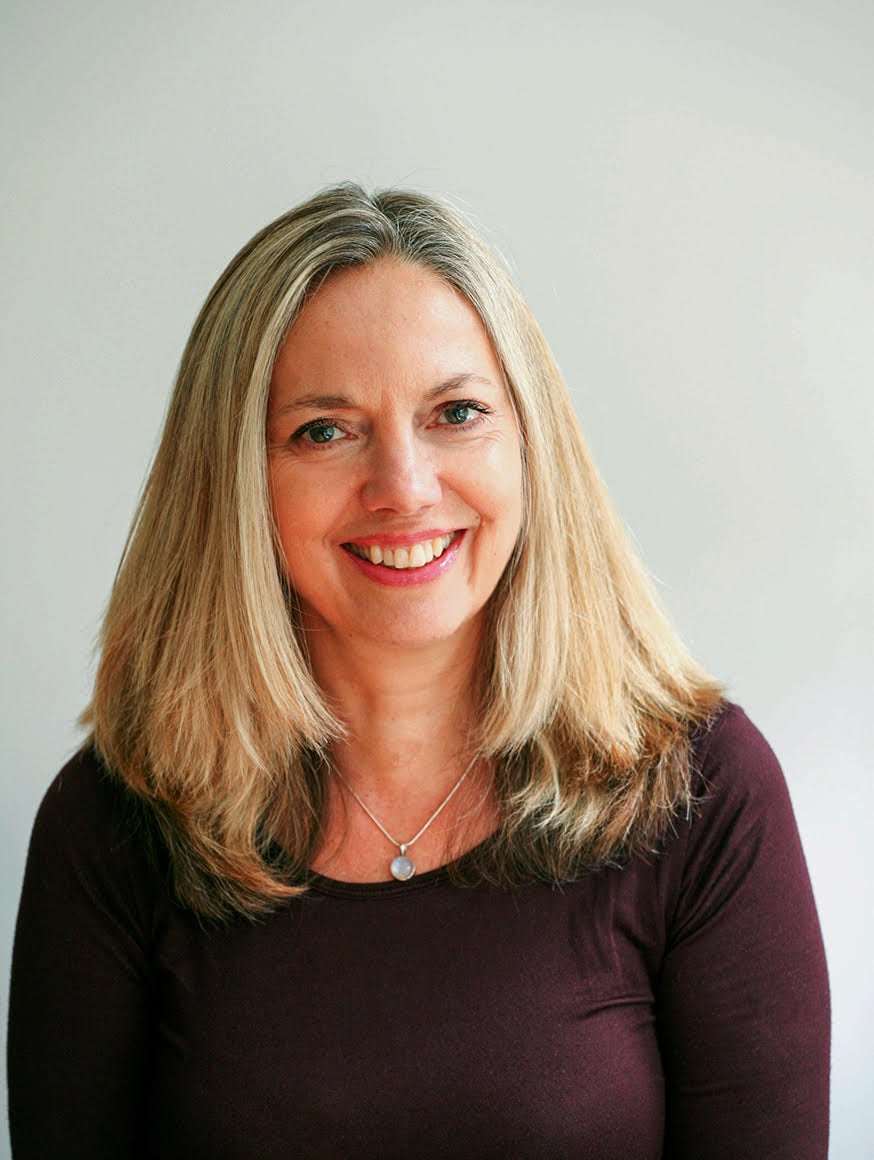Wendy Bristow is a psychodynamic psychotherapist based in Islington, London
What attracted you to become a therapist?
I worked in the media first as a magazine journalist and editor and then trained as a coach and coached journalists. As a freelance I wrote about health, relationships, self-help and eventually the writing and coaching evolved into wanting to train as a therapist. I had also started volunteering with Cruse, the bereavement charity, and it all seemed to be pointing in the same direction.
Where did you train?
I trained at WPF Therapy in London Bridge which is connected to Roehampton University.
What sort of people do you usually see?
I see a lot of people in their twenties and thirties, perhaps because of my location which is quite near the 'Silicon Roundabout' of Old Street with its abundance of start-ups, tech and creative businesses. I also set my pricing purposely so that younger people can afford to come to me as I enjoy working with them. I'm seeing a lot of perfectionism in the generation we call 'Millennials'. Not all perfectionism is bad but certain aspects of it can make people profoundly miserable and therapy really helps with that.
What do you like about being a therapist?
I've never been a huge fan of small talk. I always like to get past it to what's really going on. As a therapist you meet people on a deep level from the get-go which is an enormous privilege. Sometimes you're hearing things the client has never told anyone. And it sounds horribly corny, but I do feel I'm giving something back and not living an entirely selfish life.
What is less pleasant?
Obviously clients sometimes share very distressing and shocking stories and experiences and painful emotional states. These can stay with you and be hard to shake off. But I wouldn't be doing my job properly if that wasn't the case.
How long you've been with welldoing.org and what you think of us?
I've been with welldoing.org for over a year and I love it. It's a really good resource for clients because finding a therapist is a minefield, given there are so many types of therapy. If you're coming to it without an idea what they all mean you can feel lost. Welldoing kind of navigates you through that.
Have you used the booking and payment system? And how do you find that?
I tried it out and it worked well for some things and not so well for others. Because I have had two locations it didn't always work that people were booking me for the one I'd be at the time, if I was working from two locations in one day*. Now I only have one location which would make things easier.
Have you joined the welldoing.org Therapist Community on Facebook? If so, how did you find it?
Yes and I'm enjoying it. It was especially helpful when wading through the whole Data Protection quagmire, knowing other therapists were struggling too and picking up tips.
Do you ever suggest books or apps to clients?
I do sometimes. I recommend the book Self-Compassion by Kristen Neff along with her guided meditations. And my absolute favourite book for clients who want strategies for dealing with difficult parents is Mothers Who Can_'_t Love by Dr Susan Forward. Her techniques really work.
What you do for your own mental health?
I was in therapy for years both before and during my training. Nowadays supervision is absolutely vital to make sure I decompress, as it were, from the work and I go every week on-on-one. And I go to the gym twice a week - exercise is so important for de-stressing.
Whats it like being a therapist in Angel, Islington? What can you share with us about what clients are looking for from therapy in this part of London?
As I've said above, it's near lots of businesses around Old Street and the canal but also takes in the residential areas of Islington and Hoxton so caters for a wide variety of clients.
What's your consultation room like?
It's a corner room on the fourth floor of an old Victorian factory on the canal. It's an unusual space and full of light and I love it.
What do you wish people knew about therapy?
I wish more people knew how powerful it can be when therapy works and how much it can change a person for the better. That you don't have to spend your life feeling miserable or anxious or dissatisfied, for example. There are so many negative stereotypes and wrongful assumptions and prejudices about counselling and therapy that people can find it hard to get past that.
What did you learn about yourself in therapy?
A profound amount. Where to start!
*This is a feature that the welldoing.org tech team are working on :

